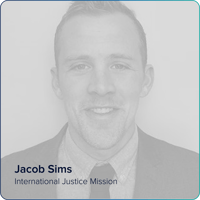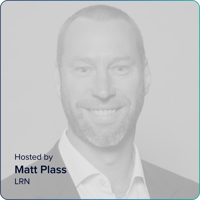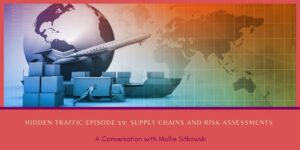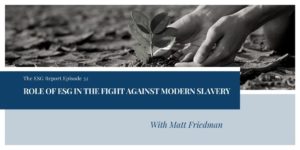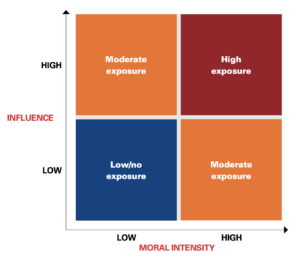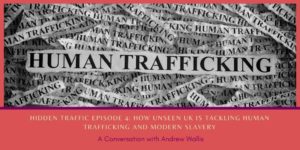Welcome to the award-winning FCPA Compliance Report, the longest-running podcast in compliance. In this episode, Tom welcomes Ragini Bhalla, head of content and PR for Creditsafe, focusing on the North American region, and Steve Carpenter, Country Manager for Creditsafe in Canada. Their discussion centers around a new Canadian law designed to combat human trafficking forced labor, and child labor within supply chains. Throughout the conversation, they shed light on the practices of various multinational corporations, emphasizing the need for cohesive anti-slavery reporting and measures across different jurisdictions. It becomes evident that addressing these critical issues requires collaboration and comprehensive efforts from all parties involved.
A key to compliance with ethical sourcing and compliance with this new Canadian law is through a company’s Supply Chain. Companies must ensure their supply chains are free from forced labor and child labor, and Credit Safe provides services to help. The Canadian Forced Labor Law and the UK’s Modern Slavery Act are steps toward making companies accountable for their actions, but governments must also work with countries like India, Bangladesh, and China to create real change. Non-compliance can lead to fines, customer trust loss, and potential stock dips, and due diligence checks and audits are necessary for companies to protect the integrity of their supply chains. Ethical sourcing is a complex issue requiring collaboration between governments, companies, and experts.
Creditsafe is in a unique position to assist companies comply with laws making illegal human trafficking, forced labor, and child labor. In this podcast, you will learn how to investigate your suppliers in a way that enhances your business operations. Once again, this demonstrates that effective compliance leads to more effective business processes, leading to greater profitability.
Key Highlights
· Fighting Forced Labor
· ESG Supply Chain Auditing
· Canadian Compliance Law
· Reputational Risk of Non-Compliance
· Ethical Sourcing
Resources
Ragini Bhalla on LinkedIn
Steve Carpenter on LinkedIn
Tom Fox



